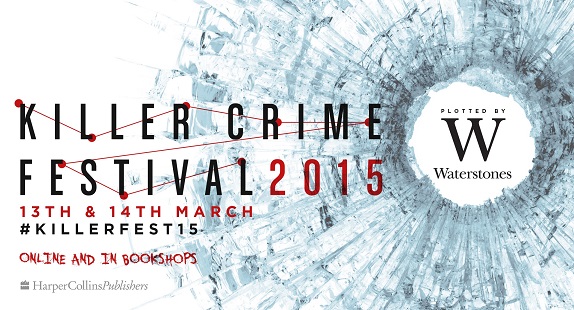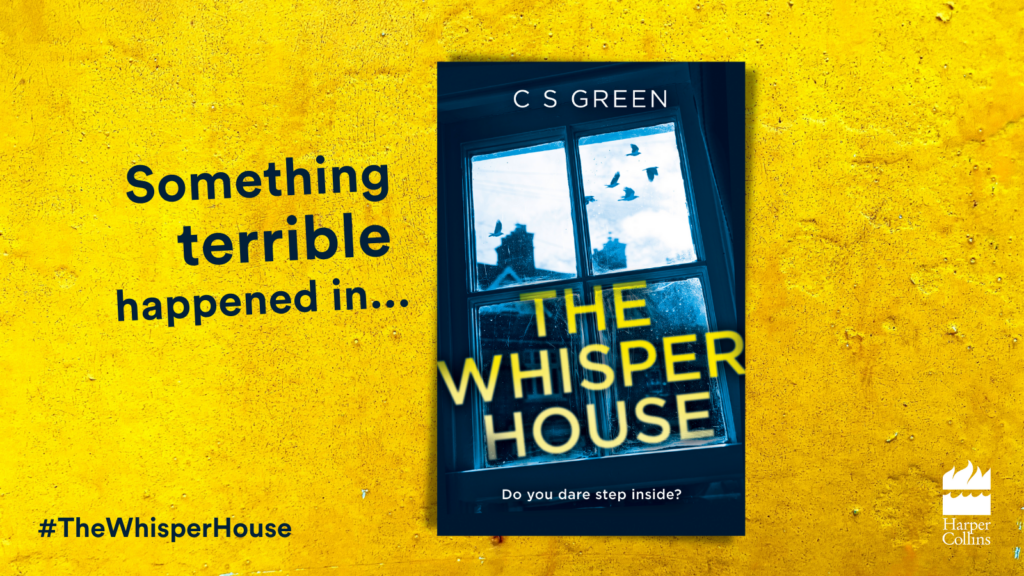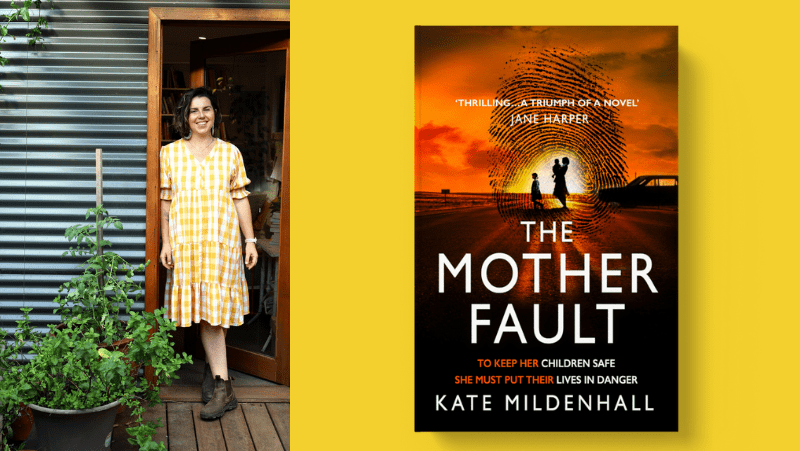I seem to have written a thriller by accident. I started writing a book about a teacher from the Mainland stewing over the state of his marriage while sitting on a headland back on the island of Jersey where I grew up. I had him bump into a pupil near the edge of the cliff and be unsure as to whether boy was about to jump. He drives the boy home, not mentioning his fear, telling himself the dusky half-light and his gloomy imagination were playing tricks on him. But the boy doesn’t turn up to school the next day. Boom. I’m writing a thriller.
Though it wasn’t intended as genre fiction, I definitely wanted the book to be thrilling. But thrilling whether I was dealing with the disappearance of a child, or the subterfuge of an affair, or the concealment of a criminal background, or the punch of a hurricane hitting a tower a mile out to sea (the book is set in 1987, in the week leading up to the Great Storm). I’m a firm believer that truly great writers can make anything engaging and exciting. How else does Philip Roth make glove-manufacturing techniques in 1960s Newark as gripping as the rest of American Pastoral?
I did make a conscious effort to make the end of each chapter, for want of a better word “hooky”. I’m a huge fan of the great American cable dramas – The Sopranos, The Wire, Deadwood and The Shield. What these shows have in common with great novels, is the feeling that you’re just dropping in on the characters for the events of the show, and that they have a life either side of it. This is because the writing is coming from the characters, so the plots seem to unfold naturally and organically, as opposed to a show like 24 where Jack Bauer will lose a phone signal at a crucial moment, so the producers have a moment of suspense to make sure the viewers come back after the fifth ad break. Network shows have the rhythms of the ad breaks, you can feel the format. Cable shows have the rhythm of real life, or at least the heightened version of real life that passes for realism. But that doesn’t mean you can’t hit the viewer or reader with a surprise. The trick is to pace them out. Pack a show or a book with twists and reversals and they lose their impact. The Wire would often do a slow burn to the last episode, but that just meant it hit even harder, and those end of series montages were so well-earned and devastatingly haunting.
Hopefully at the end each chapter of Mainlander, you’ll have learnt a little bit more about each character, will have a new perspective on them, and will want to turn the page to find out more. I like to think I could achieve this even without the “mystery” engine of a missing boy. Stick me in Pseud’s Corner, but I found Anna Karenina and Swann’s Way to be as page-turningly addictive as Red Dragon.
Blog by Will Smith
Latest book: Mainlander



